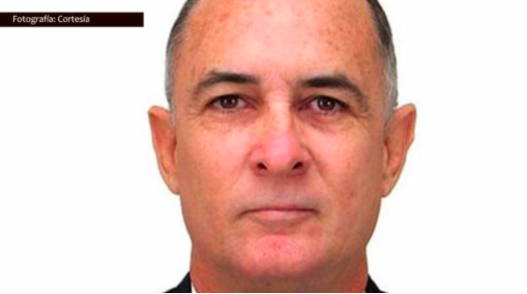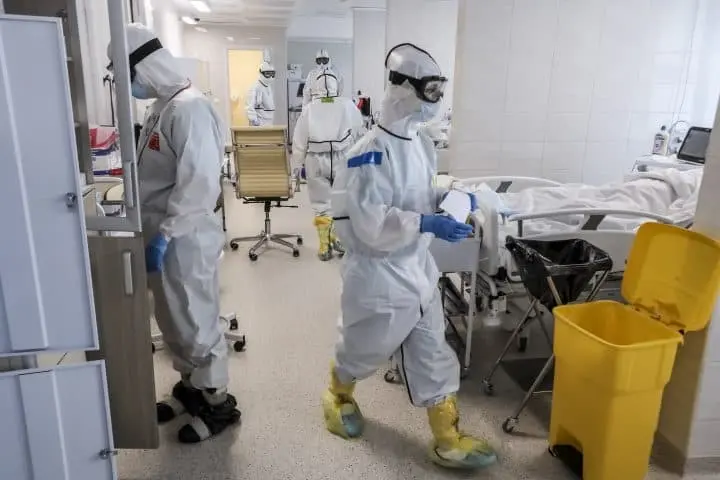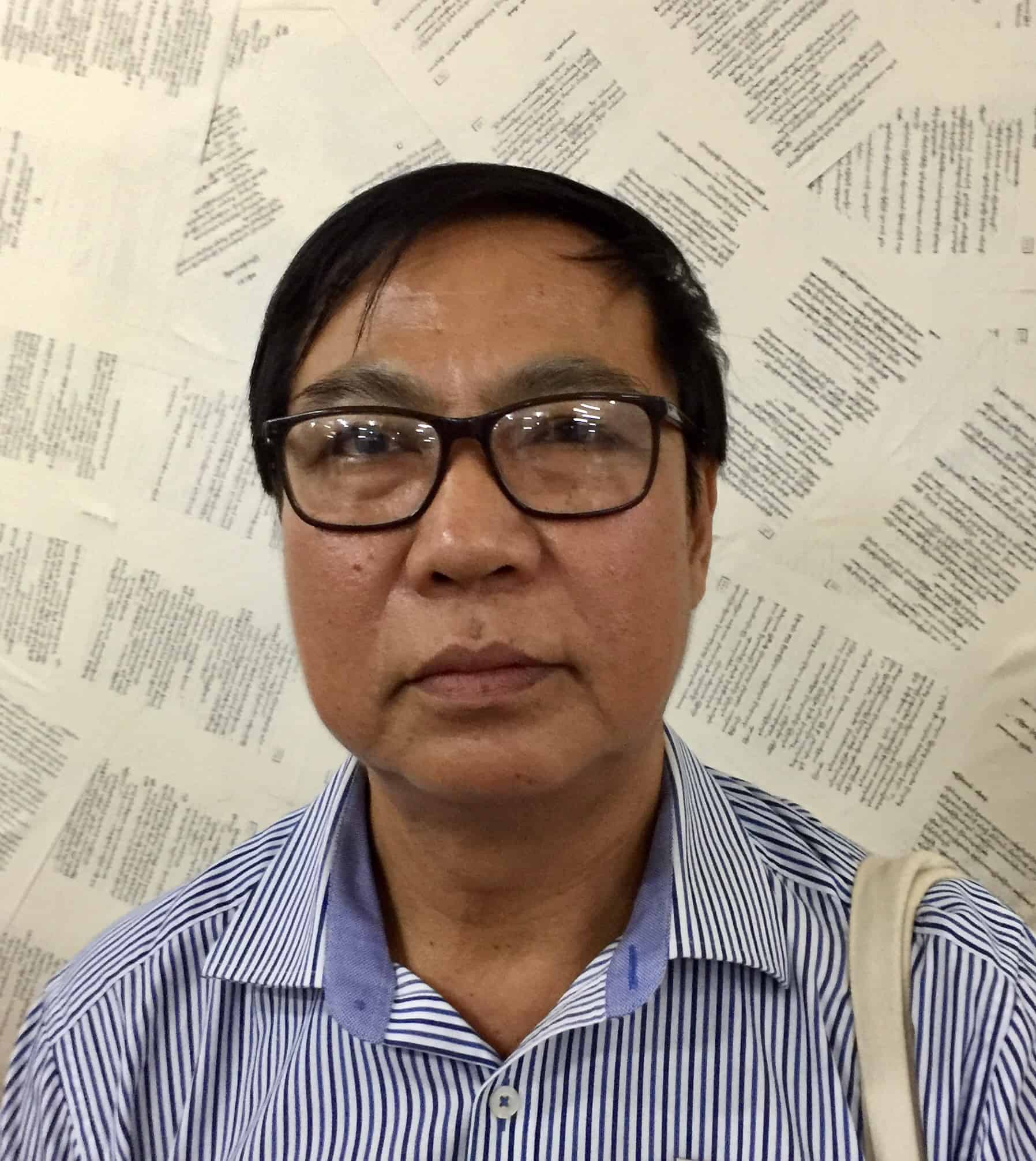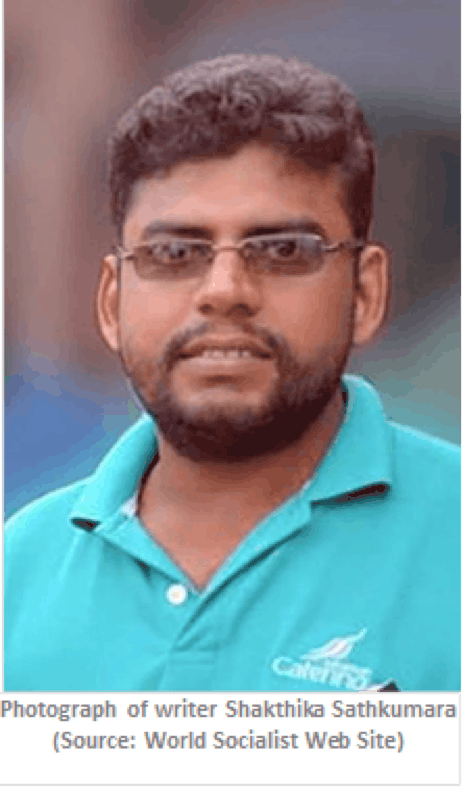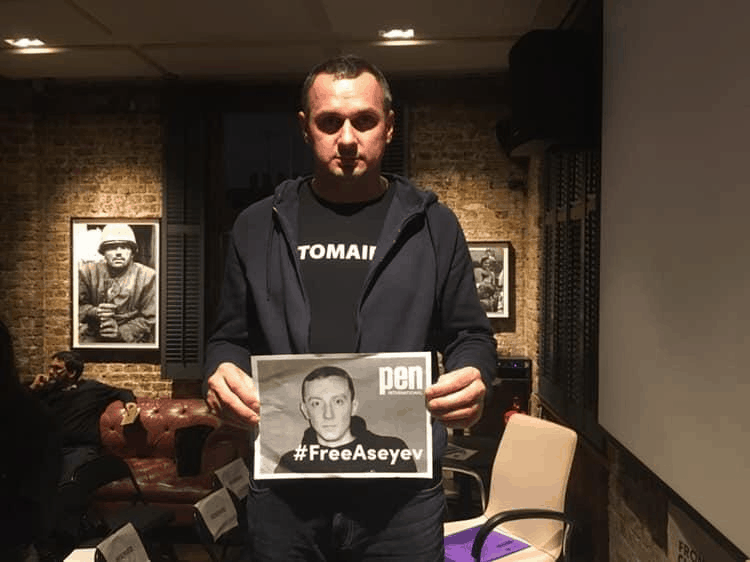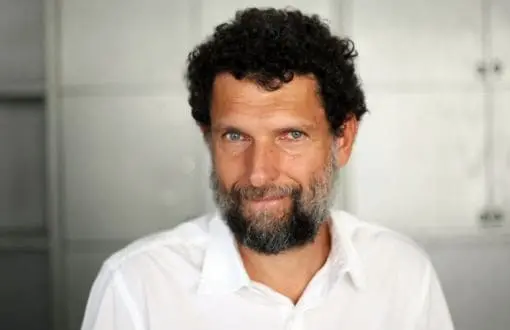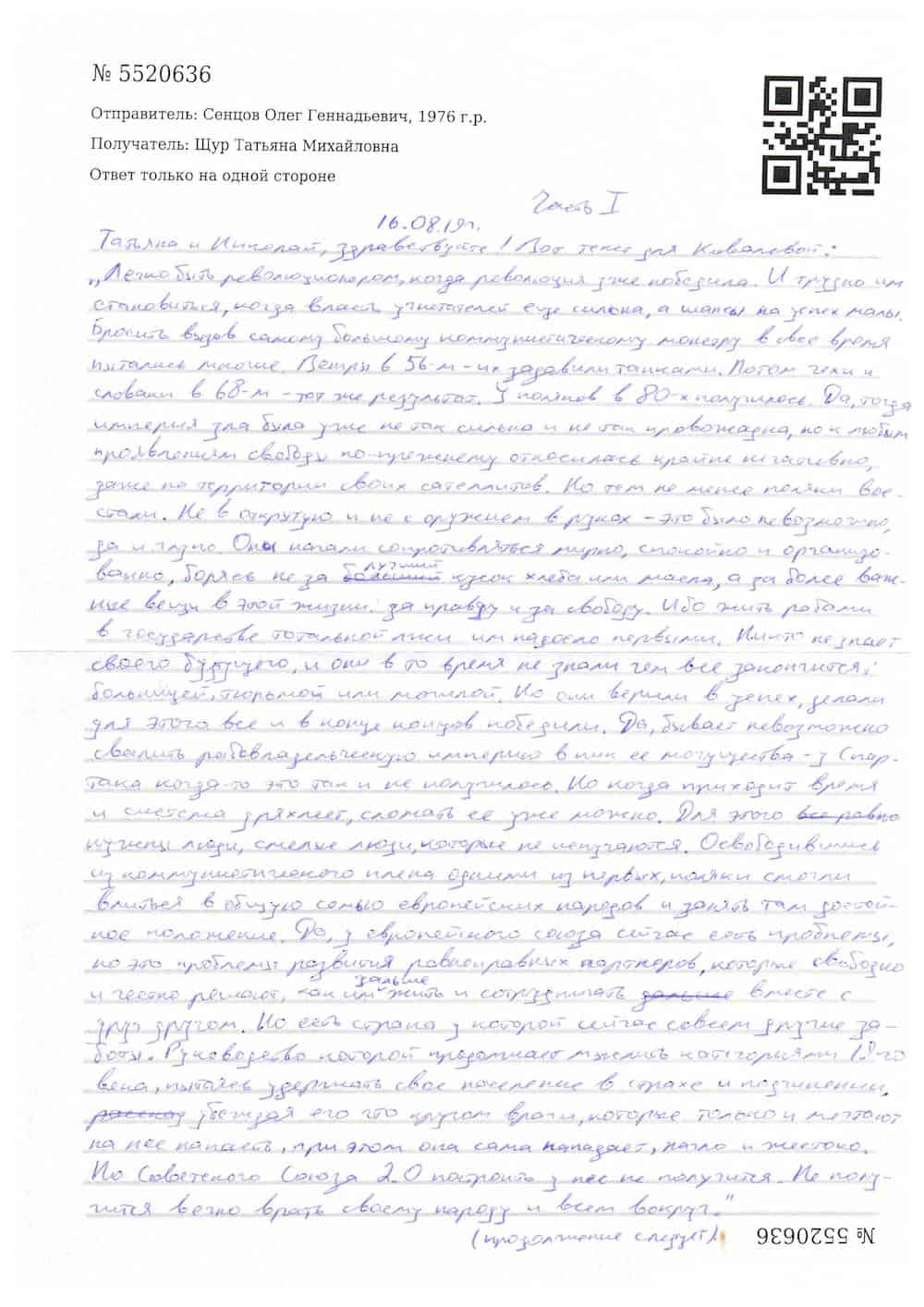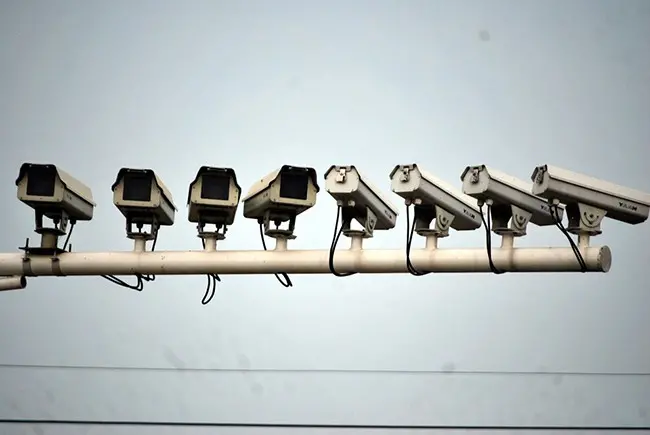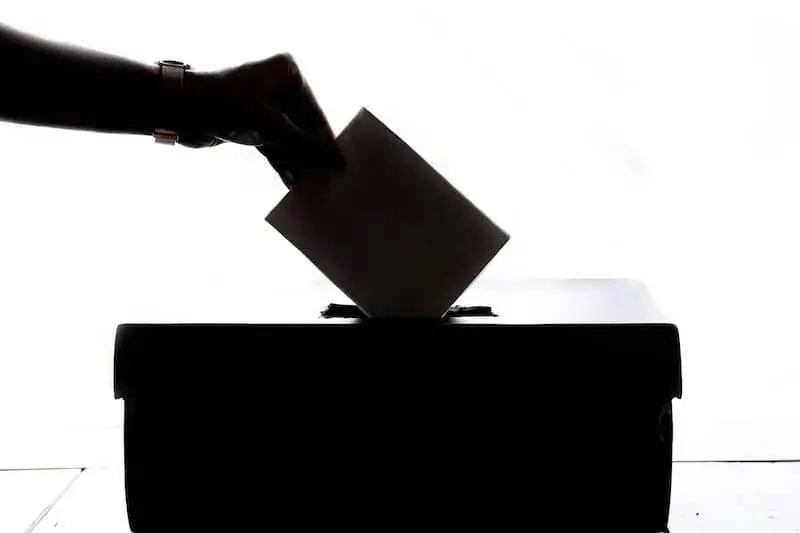On Friday, June 26, Moscow’s Meshchansky District Court is expected to deliver the verdict in the criminal embezzlement case against Kirill Serebrennikov, a prominent theater director in Russia, and his codefendants: Sofia Apfelbaum, Alexei Malobrodsky, and Yuri Itin.
PEN America’s Artists At Risk Connection (ARC), together with Human Rights Watch, the Human Rights Film Network, the International Coalition for Filmmakers at Risk (ICFR) and its initiators, the European Film Academy (EFA), the International Documentary Film Festival Amsterdam (IDFA), and the Rotterdam International Film Festival (IFFR), as well as the International Documentary Association (IDA), the Geneva International Film Festival and Forum on Human Rights (FIFDH) and the Federation of European Film Directors (FERA), call on the prosecution to immediately drop the criminal charges against them.
On June 22, during closing arguments, the prosecution asked the court to sentence Serebrennikov to six years in prison, and asked for terms ranging from four to five years for his codefendants. The prosecution also asked that they be ordered to pay fines of up to 800k rubles ($11.5k).
Serebrennikov serves as the artistic director of the Gogol Center in Moscow, which he transformed into a prominent cultural center.
In 2017, Serebrennikov and his codefendants were charged with embezzling 129 million rubles ($1.86 million) for a performing arts project called Platform, which received state funding and which promoted modern dance, theater, and music in Russia. Among the accusations pursued by the state was a false claim that one of Platform’s shows did not take place, when in fact it was staged numerous times. People who attended the performance posted about it on social media using the hashtag #ябылнаплатформе (I was at Platform) on Facebook. If indeed there were financial irregularities in the accounting for the Platform project, there were other ways the authorities could have resolved them.
The state’s leap to criminal embezzlement charges seems to be a thinly veiled way to retaliate against Serebrennikov for his political criticism and to send a chilling message to other artists, who have no choice but to accept state funding to survive as artists, to refrain from political criticism.
Known for his vocal criticism of the Kremlin, Serebrennikov has spoken out on a wide variety of issues. He criticized the persecution of LGBTQ individuals, and in that connection, the influence of the Russian Orthodox Church in Russian society. He voiced alarm about increasing censorship—including the arrests of members of the punk collective Pussy Riot—about rising authoritarianism in Russia. He was also critical about Russia’s involvement in the Russo-Georgian war.
After charges were brought against Serebrennikov in 2017, he was put under house arrest for almost two years until April 2019, when he was released on bail.
Many in Russia and around the world have spoken out against the baseless targeting of Serebrennikov. The case is widely considered a specious attempt to punish him for his political candor and artistic nonconformism. The artistic community in particular has risen to his defense. Legendary ballet dancer Mikhail Baryshnikov stated, “An artist of whom Russia should be proud is being debased and humiliated,” and called Serebrennikov’s “repression” by the government politically motivated. When Serebrennikov was first targeted, dozens of Russian cultural figures circulated a petition, urging the Russian authorities to release him, which received more than 54,000 signatures, as of today.
In Russia, it is extremely difficult for artists to survive without state funding. The price for artists who seek and accept state funding in order to pursue their right of artistic expression, cannot be the loss of their right to political free expression.

